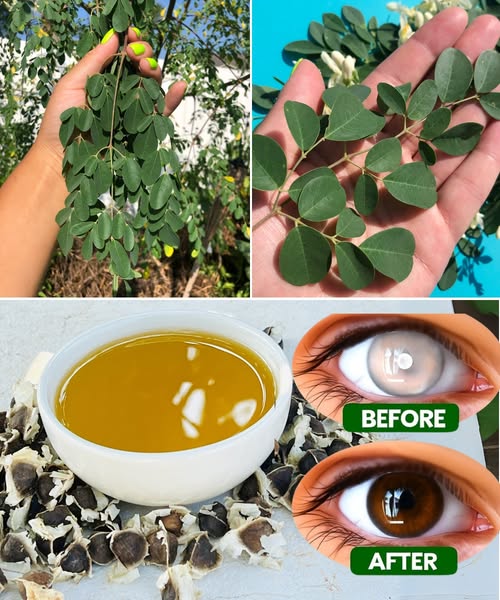Introduction

Okra, also known as “lady’s finger,” is a powerhouse of nutrition and health benefits. Despite its slimy texture, this green vegetable is widely used in Southern, Indian, and African cuisines. But did you know that okra can help regulate blood sugar, boost digestion, and even improve skin health? Whether you’re a seasoned okra lover or hesitant about trying it, here are 10 things you need to know about this underrated superfood.
1. Okra is Packed with Nutrients
Okra is a nutrient-dense vegetable rich in vitamins, minerals, and antioxidants. It contains:
- Vitamin C – Boosts immunity and improves skin health.
- Vitamin K – Essential for blood clotting and bone strength.
- Folate – Crucial for pregnant women as it supports fetal development.
- Fiber – Helps with digestion and weight management.
With just 33 calories per 100 grams, it’s an excellent addition to a balanced diet.
2. Okra Supports Blood Sugar Control
One of the most impressive benefits of okra is its ability to help stabilize blood sugar levels. Studies suggest that okra’s high fiber content and polyphenols can slow down sugar absorption in the intestines, making it a valuable food for people with diabetes.
3. It’s Great for Digestive Health
If you struggle with digestive issues, okra might be the solution you need. The soluble fiber in okra acts as a natural laxative, helping to prevent constipation and promote a healthy gut microbiome. The mucilage (the slimy substance released when cooked) also soothes the digestive tract.
4. Okra is a Heart-Healthy Food
Okra is loaded with antioxidants like flavonoids and polyphenols, which reduce inflammation and improve heart health. Studies have shown that diets high in fiber and antioxidants can help lower cholesterol and blood pressure, reducing the risk of heart disease.
5. It’s an Anti-Inflammatory Powerhouse
Chronic inflammation is linked to diseases like arthritis, diabetes, and cancer. Okra contains quercetin and other anti-inflammatory compounds that may help reduce inflammation, making it a great food for people suffering from joint pain and autoimmune diseases.
6. Okra Can Improve Skin and Hair Health
Looking for a natural way to achieve glowing skin and strong hair? The vitamin C and antioxidants in okra help combat oxidative stress, which contributes to aging. Okra can also be used as a hair mask to nourish the scalp and improve hair texture.
7. It May Have Anti-Cancer Properties
Emerging research suggests that okra contains compounds like lectins, which may inhibit cancer cell growth. Some studies indicate that okra extract could help slow down the spread of breast cancer cells, although more research is needed.
8. Okra is a Natural Detoxifier
The mucilage in okra binds to toxins and flushes them out of the body, supporting liver function and improving overall detoxification. Consuming okra regularly can help reduce toxin buildup and promote better digestion.
9. How to Cook Okra Without the Slime
Many people avoid okra due to its slimy texture, but with the right cooking methods, you can minimize it:
- Roasting or grilling – Reduces moisture and enhances flavor.
- Frying or sautéing – A quick stir-fry keeps it crisp.
- Adding acidic ingredients – Lemon juice or vinegar cuts down on slime.
- Drying before cooking – Patting okra dry before cooking reduces mucilage.
10. Okra is Easy to Grow at Home
Okra thrives in warm climates and is one of the easiest vegetables to grow. It requires minimal care, grows quickly, and produces a high yield. If you want to enjoy fresh, organic okra, try planting it in your backyard or a container garden.
Conclusion
Okra is a nutrient-rich, heart-healthy, and versatile vegetable that offers numerous health benefits. From blood sugar control to skin and hair health, it’s clear why okra deserves a place in your diet. Whether you enjoy it roasted, stir-fried, or in soups, give this superfood a chance, and your body will thank you!


